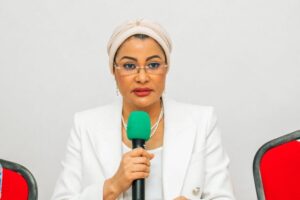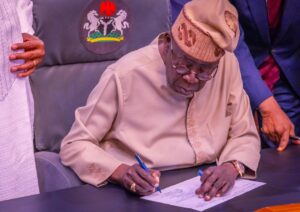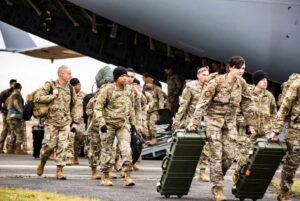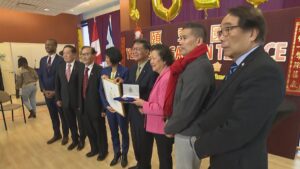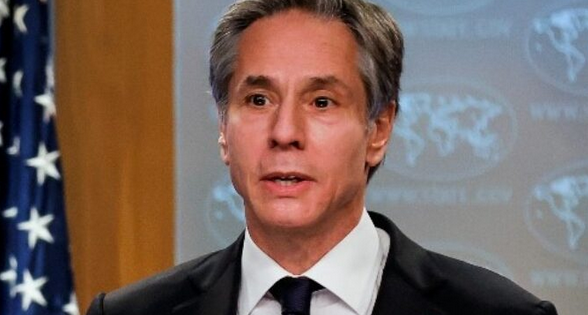
The United States says it has taken steps to impose visa restrictions on individuals in Nigeria who disrupted the recently concluded elections.
Antony Blinken, US secretary of state, announced the development in a statement on Monday.
Blinken clarified that the sanctions were specific to certain individuals and not the Nigerian people or the government as a whole.
“The United States is committed to supporting and advancing democracy in Nigeria and around the world,” the statement reads.
“Today, I am announcing that we have taken steps to impose visa restrictions on specific individuals in Nigeria for undermining the democratic process during Nigeria’s 2023 elections cycle.
“These actions are specific to certain individuals and are not directed at the Nigerian people or the government of Nigeria as a whole.”
Blinken said the affected persons had been involved in voter threats, results manipulation, physical violence, and other activities that undermined democracy.
He said the visa ban was the US’ commitment to supporting Nigeria’s aspirations to strengthen the rule of law.
“Under Section 212(a)(3)C) of the immigration and nationality act, these individuals will be subject to restrictions on visas to the United States under a policy covering those believed to be responsible for, or complicit in, undermining democracy,” the statement added.
“These individuals have been involved in the intimidation of voters through threats and physical violence, the manipulation of vote results, and other activity that undermines Nigeria’s democratic process.
“The decision to take steps to impose visa restrictions reflects the continued commitment of the United States to support Nigerian aspirations to strengthen democracy and the rule of law.”
The US has repeatedly warned about its strict measures to punish offenders of the electoral process in Nigeria.
In January, Blinken said visa bans were imposed on those who undermined the 2022 gubernatorial polls.
In 2020, US visa restrictions were placed on some individuals for their actions during the Kogi and Bayelsa governorship elections.
The ban was also placed in 2019.
However, like the previous bans, the names of the affected individuals were not listed.


